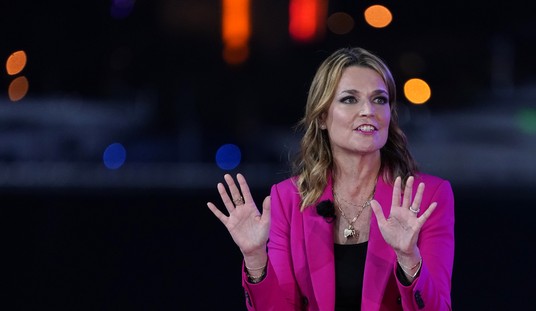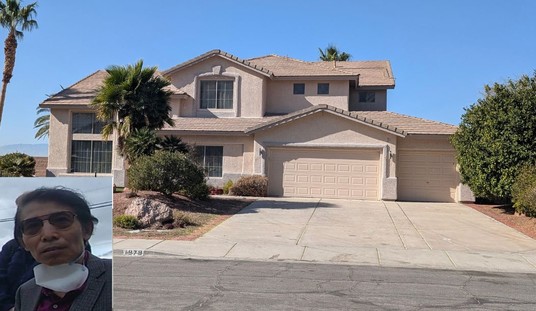Seif al-Islam, the son of deposed dictator Muammar Gaddafi of Libya who died at the hands of an angry mob in 2011, was reportedly released from the captivity or protection, depending on one’s perspective, of The Abu Bakr al-Sadiq Brigade. The Sadiq Brigade is what was left of the anti-Islamist opposition that also largely opposed the UN-recognized Government of National Accord (GNA) shortly after the start of Operation Dignity in 2014. The fighters of the Zintan militias all fought against Islamists outside Benghazi, Libya, but the group broke apart over the detention of al-Islam.
Seif al-Islam literally translates to “Sword of Islam” (quite a name to have in a holy war) and this is not the first time he was reported to be free. Being that Seif was the face of his father’s regime in the West it is rather remarkable that he has survived the length of the war. Just last month there was an assassination attempt on his life. He had been wanted by the International Criminal Court (ICC) and transitional Libyan governments for crimes against humanity. The GNA still holds and is trying Seif’s brother in Tripoli for the murder of a former soccer coach.
The reactions from writers and analyst from the region has been largely hopeful. Noting the symbolic significance of the amnesty being granted on the 14th day of the month of Ramadan, which for the west in the last few years is largely marked by an uptick in terror attacks, but holds much more weight for the people who have to live in the middle of the Islamic reformation.
3- The life of Saif el-Islam AlGaddafi should be turned into a movie. From utter power to utterly powerless &now back on his way to the top?
— Jenan Moussa (@jenanmoussa) June 10, 2017
It is far too early to say if Seif al-Islam will be able to return to a role of power and influence in Libya.
But the most peculiar bit of this unfolding narrative was the immediate deference shown to Qatar by Seif over Saudi Arabia. Reminding the people who overthrew his father that his father was always right probably isn’t the best way to return to political life.
7- Lawyer of Saif al-Islam also says his client respects all Arab countries including Saudi &that his father warned KSA against Qatar's role pic.twitter.com/fOwFBlPfW5
— Jenan Moussa (@jenanmoussa) June 10, 2017
Recently, the Libyan government has threatened to take Qatar to the ICC and has made many accusation about Qatar’s activity playing both sides of the conflict for the past 6 years.











Join the conversation as a VIP Member